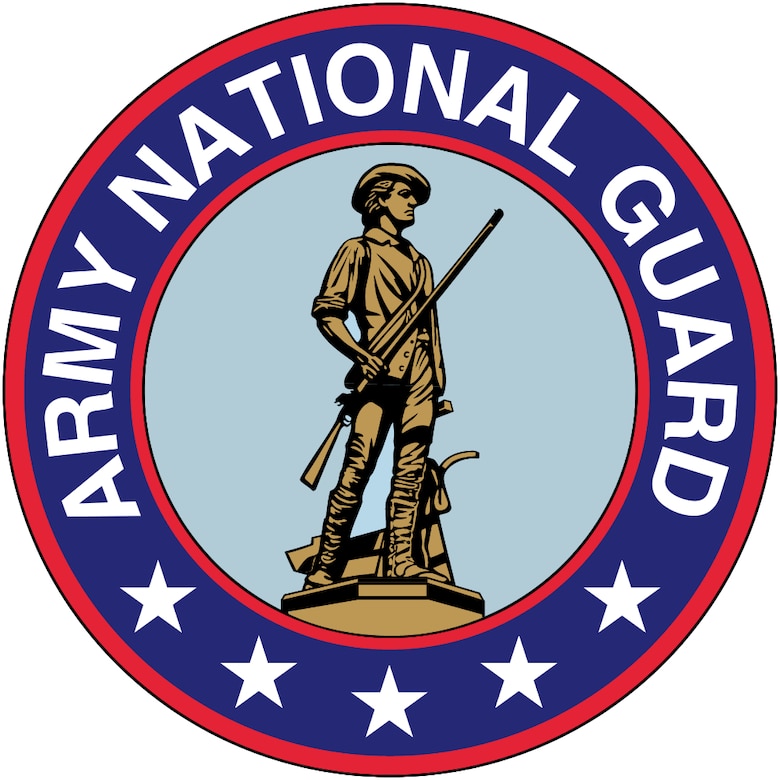By Army Sgt. 1st Class Jon Soucy, National Guard Bureau
ARLINGTON, Va. -- Changes to the Army National Guard’s
Tuition Assistance Program are set to go into effect Aug. 5, allowing Army
Guard members immediate access to benefits after they complete basic and
advanced individual training.
“Previously, until this policy change, soldiers had to
complete AIT and then, when they came back to their units, they had to wait a
year before they could use the education benefits,” said Ken Hardy, chief of
the Army Guard’s education services branch. “Soldiers will now come home [from
AIT] and they can immediately use their benefits.”
Also eliminated in the coming changes is the requirement to
complete 10 years of service to use Tuition Assistance to pursue a master’s
degree, Hardy said, adding that those benefits will now be tied to completion
of professional military education requirements.
“Now it’s tied to professional development and a particular
level of school that enlisted, officers and warrant officers have to complete,”
he said.
For enlisted soldiers, the Advanced Leaders Course must be
completed, while officers need to complete the Captains Career Course. Warrant
officers must complete the Warrant Officers Advanced Course to be eligible.
However, Hardy noted, the military education requirements
come into play only if the Army Guard member used Tuition Assistance to
complete his or her bachelor’s degree. “If a soldier never used TA, the
[professional development] requirements don’t apply,” he said.
The military education requirement holds true if Tuition
Assistance was used for even a part of earning an undergraduate degree, Hardy
explained. “So, if you used it just one time and then, say, you got a
scholarship from somewhere else, you’re locked in to having to complete one of
those military education courses to use it for a master’s degree,” he said,
stressing that only one of those military course requirements must be met.
“If I was enlisted previously and completed ALC and then,
for example, took a direct commission, but I haven’t yet completed the Captains
Career Course, I’m still good,” he said. “Those benefits can still be used.
Only one of those courses needs to be completed.”
Reason for Requirement
The military education requirement was put in place to
ensure soldiers are on track in their military careers while pursuing greater
education opportunities, Hardy said, adding that exception-to-policy letters
may be available for some soldiers who haven’t met those requirements for
reasons outside their control. “You have some soldiers who have put in for
school and it’s a three-year wait for an open seat,” he said.
Those exception-to-policy letters are still in the works,
however.
“We’re going to let it ride and see what kind of feedback
we’re getting from soldiers and how many are in that situation,” Hardy said.
“We’ve got to see how big of an issue it is first. If it’s really a big
problem, we may look at writing a policy to allow it, and if it’s a small
problem, at least allowing some exceptions to policy for these unique cases.”
Regardless of whether Tuition Assistance is used for an
undergraduate or graduate degree, soldiers are still limited to 16 credit hours
per year, Hardy said, though that limit may be expanded in the future. “That’s
our next thing we want to look at and see if we can change the 16-credit-hour
cap,” he added.
Guard soldiers should check with their unit education
officer on available benefits, Hardy said, adding that individual states may
offer tuition assistance plans of their own that fill those gaps or provide
other benefits. Those unit education officers also can provide greater details
of the Aug. 5 changes.
The coming changes will ensure soldiers have easier access
to education opportunities and the benefits they’ve earned. “The biggest
benefit [to the soldier] is easier access,” Hardy said. “It’s always good to
have as much access to your benefits as you can possibly have, with few
restrictions.”

No comments:
Post a Comment